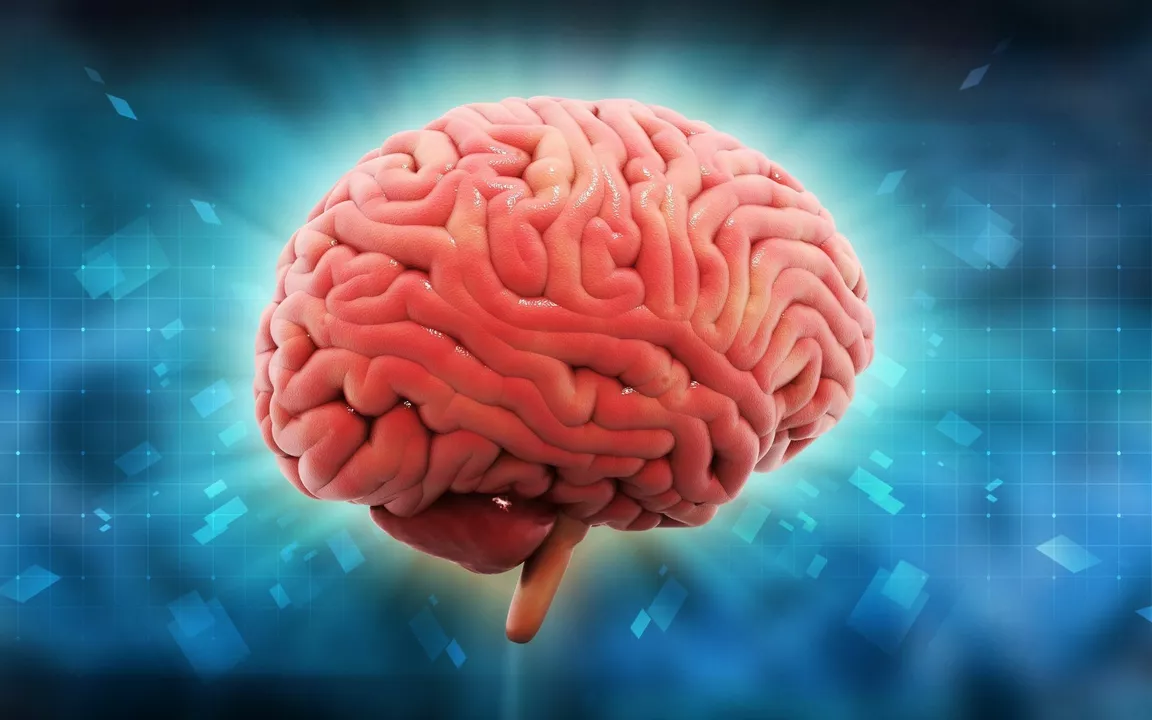Understanding Colitis and Its Impact on the Brain
Before diving into the effects of colitis on mental focus and memory, it's essential to have a basic understanding of colitis and its relationship with the brain. Colitis is an inflammatory bowel disease (IBD) that causes inflammation in the inner lining of the colon. This inflammation can lead to various symptoms, including abdominal pain, diarrhea, and fatigue. These physical symptoms can impact a person's mental well-being, including their ability to concentrate and remember information.
Stress and Anxiety: The Link Between Colitis and Cognitive Function
Living with colitis can be a significant source of stress and anxiety for many people. The unpredictable nature of the disease, coupled with the physical discomfort and inconvenience it causes, can contribute to a heightened state of worry and tension. This stress and anxiety can impair cognitive function, making it difficult to concentrate and retain information. When a person is constantly worried about their symptoms or the next flare-up, their brain is less able to focus on other tasks, leading to decreased mental clarity and memory.
The Role of Inflammation in Brain Fog
Research has shown that inflammation, a key component of colitis, can directly affect brain function. Inflammatory cytokines, which are proteins released by the immune system during inflammation, can cross the blood-brain barrier and disrupt neural communication. This can result in brain fog, a term used to describe a lack of mental clarity, difficulty concentrating, and memory problems. In individuals with colitis, the ongoing inflammation in their gut may contribute to increased brain fog and cognitive difficulties.
Nutrient Deficiencies and Their Impact on Mental Function
People with colitis often experience nutrient deficiencies due to malabsorption, which can further exacerbate cognitive issues. For example, deficiencies in B vitamins, particularly vitamin B12, can lead to memory problems, difficulty concentrating, and even depression. Iron deficiency, another common issue in people with colitis, can result in fatigue and reduced mental alertness. By addressing these nutrient deficiencies through dietary changes or supplementation, individuals with colitis may experience improvements in their mental focus and memory.
Depression and Colitis: A Cycle of Cognitive Struggles
Depression is a common comorbidity in people with colitis, and it can have a significant impact on cognitive function. Symptoms of depression, such as persistent sadness, hopelessness, and lack of motivation, can make it challenging to concentrate on tasks and retain information. Furthermore, depression can exacerbate feelings of fatigue, which can further impair mental clarity. Treating depression in individuals with colitis may help alleviate some of the cognitive difficulties they experience.
Managing Fatigue: The Key to Improved Mental Clarity
Fatigue is a common symptom of colitis and can greatly impact a person's mental focus and memory. Proper management of fatigue is crucial for maintaining mental clarity and functioning. This may involve addressing underlying causes, such as inflammation and nutrient deficiencies, as well as adopting lifestyle strategies to promote restorative sleep and conserve energy. Incorporating regular exercise, stress reduction techniques, and healthy sleep habits can help improve fatigue and, in turn, support better cognitive function.
Medications and Their Effects on Cognitive Function
Some medications used to treat colitis may also have an impact on mental focus and memory. Corticosteroids, a common treatment for inflammation in IBD, have been associated with cognitive side effects such as memory problems and difficulties concentrating. It's essential for individuals with colitis to discuss any cognitive concerns with their healthcare provider, who may be able to adjust medications or recommend alternative treatments to minimize these side effects.
The Power of Mindfulness and Cognitive Training
Incorporating mindfulness practices and cognitive training exercises into daily routines can help support mental focus and memory in people with colitis. Techniques such as meditation, deep breathing, and progressive muscle relaxation can help reduce stress and anxiety, promoting mental clarity. Additionally, engaging in cognitive training exercises, such as puzzles, memory games, and problem-solving activities, can help sharpen mental skills and improve overall cognitive function.
Building a Support System for Mental Well-Being
Having a strong support system is crucial for maintaining mental well-being in individuals with colitis. Connecting with friends, family, and support groups can help reduce feelings of isolation and provide opportunities to share experiences and coping strategies. Engaging in social activities and maintaining open communication with loved ones can also help alleviate stress and anxiety, promoting better mental focus and memory.
Conclusion: Taking Control of Colitis and Cognitive Health
The impact of colitis on mental focus and memory can be significant, but it's essential to remember that there are steps individuals can take to manage these challenges. By addressing underlying causes, such as inflammation and nutrient deficiencies, and adopting healthy lifestyle habits, people with colitis can take control of their cognitive health and improve their overall well-being.


Roger Wing
Colitis is just a scam by pharma to sell more pills